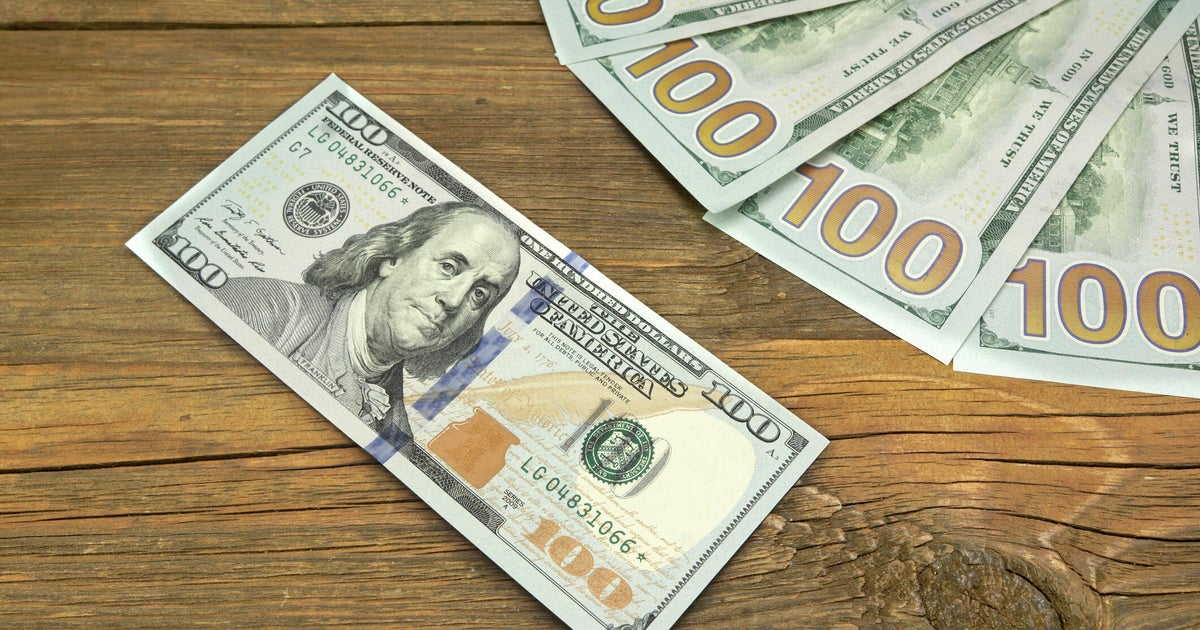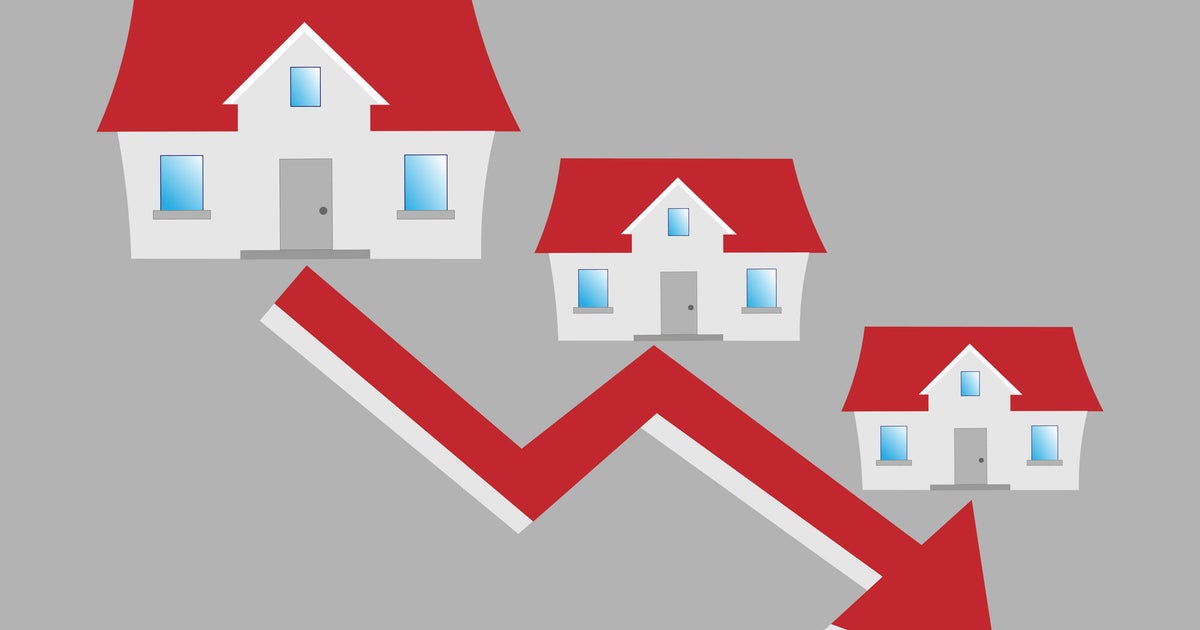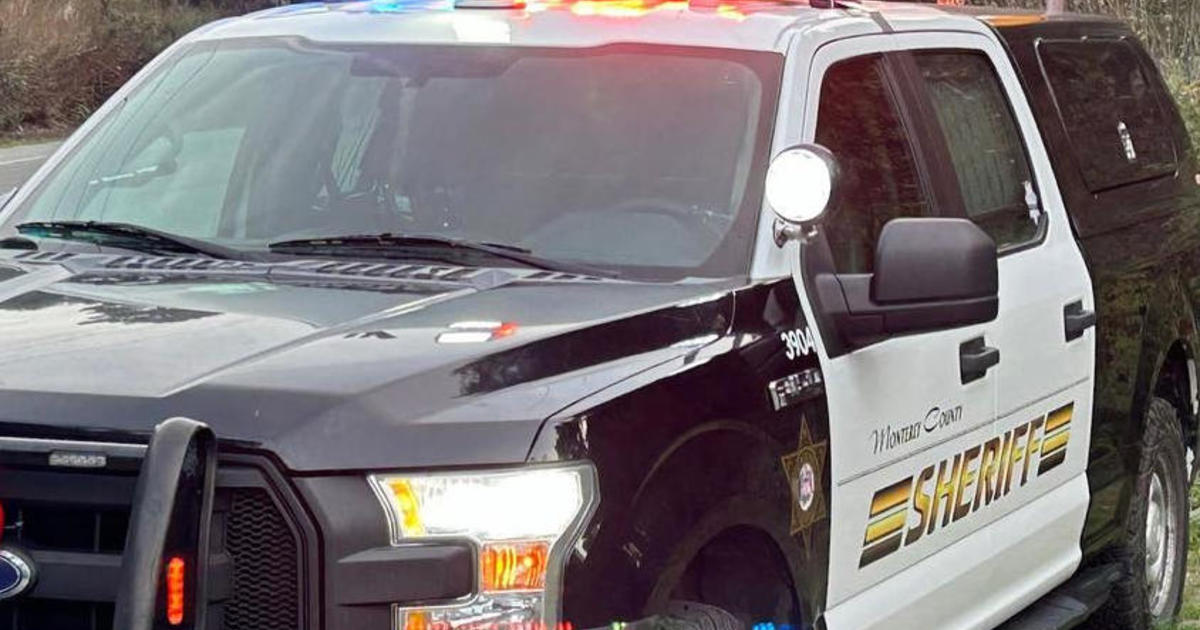Should you open a high-yield savings account now? Experts weigh in
The Federal Reserve's current benchmark range of 5.25% to 5.50% — the highest it's been in 22 years — is leading to higher borrowing costs for consumers. Mortgage rates have climbed to 8%, the highest level since 2000, and the average credit card APR is at a historically high level. But while high interest rates are challenging borrowers, they're a welcome sight for savers. High-yield savings accounts (HYSAs), certificates of deposit (CDs) and other interest-bearing accounts now offer substantially higher yields than in recent years.
According to the FDIC, a standard savings account earns a paltry 0.46% yield on average as of October 2023. But these figures don't account for high-yield savings accounts, which are typically available through credit unions and online banks. Without the higher overhead of traditional banks, HYSAs often offer significantly higher yields.
Some of the best high-yield savings accounts currently offer rates over 5.00%. But while that rate is substantially higher than what you can get with the average regular savings account, is this the right time to open one? Below, experts offer insight into how interest rates may play out in 2024 and how a high-yield savings account may benefit you in this current high-rate environment.
Explore the top rates you could earn on your savings here.
Should you open a high-yield savings account now? Experts weigh in
If you're wondering whether this is the time to open a high-yield savings account, here's what the experts say.
Get higher interest rates now
High-yield savings accounts offer two significant benefits: a safe, FDIC-insured place to stash your cash and the opportunity to earn a solid rate on your money. The yields on these accounts weren't as high in recent years, however — and savers who skipped a HYSA may need to rethink the way they look at savings accounts.
"Every person needs to have a plan for excess cash right now and should reduce how much they have in checking accounts, earning no interest," says Ryan McKeown, a senior vice president and financial advisor at Wealth Enhancement Group. "Two years ago, when interest rates were close to 0%, this was not a huge consideration. Now, people need to reset their thinking in this higher interest rate environment."
"You can't afford to keep too much in checking, as you consistently lose purchasing power. If you have as much as feasibly possible in a savings account, at least you can earn some interest to try and maintain purchasing power with those funds."
If you anticipate interest rates declining in 2024, you might consider parking your money in a certificate of deposit, which locks in a rate for a specific time period, which typically ranges from three months to five years. However, you must keep your money in the account for the duration of the term. If you need to withdraw money before the term expires, you'll likely incur an early withdrawal fee that can eat into some or all of your earned interest.
Learn more about your top savings options here.
Strengthen your financial health
Experts often recommend using a high-yield savings account for short-term savings goals like an emergency fund, vacation or a wedding. Having cash on hand can help you stand on strong financial footing and avoid resorting to costly credit options to cover your expenses.
Higher savings yields may make it an advantageous time to open a high-yield savings account, but make sure you understand the terms and conditions, advises Steve Gaga, assistant vice president and branch manager at Addition Financial Credit Union.
"Be sure to read the terms and conditions for how long the high yield interest rate is offered and what is the minimum or maximum amount needed," says Gaga. "As 2024 approaches — and the Fed is predicted to lower interest rates — a high-yield savings account will be even more sought out and tougher to find."
Fight the impact of inflation
Inflation is cooling, but it remains elevated, and the reduced purchasing power is straining many Americans' budgets and savings. A high-yield savings account may help you offset some of the money lost to inflation.
"Interest rates are at a record high, and a high-yield savings account is a perfect way to take advantage of that," says Mark Henry, the founder & CEO of Alloy Wealth Management. "High-yield savings accounts are easy to use, highly liquid and offer interest rates up to around 5% right now — well above the average APY of less than 1% on traditional savings accounts. It is a great way for savers to grow their funds with minimal effort and risk."
Henry also recommends CDs, retirement accounts and market investing as potential options for your money, depending on your goals, risk tolerance level and other factors.
"If you want to be more aggressive with your money and see larger returns, investing could be a better option," says Henry. "Keep in mind, 'high risk, high reward' applies here, so be sure to consider your risk tolerance when deciding where to put your money."
How to open a high-yield savings account
Opening a high-yield savings account is a relatively straightforward process and includes the following steps:
- Shop and compare rates: Check the yield offered by your current bank and compare it against other offers from online banks, credit unions and other financial institutions. Pay special attention to the APYs each institution offers, but also note their fees.
- Open an account: Once you select the best HYSA account for you, fill out an application and make the required initial deposit into your new high-yield savings account.
The bottom line
Right now could be a smart time to open a high-yield savings account. Rates are much higher than they were over the last few years, giving savers an opportunity to reap in the interest returns on their savings. And, because these accounts function much like a regular savings account, you don't have to worry about locking away your savings in return for a higher rate. But as with any type of account, just be sure to do your homework before opening one to make sure it aligns with your overall financial plan.




